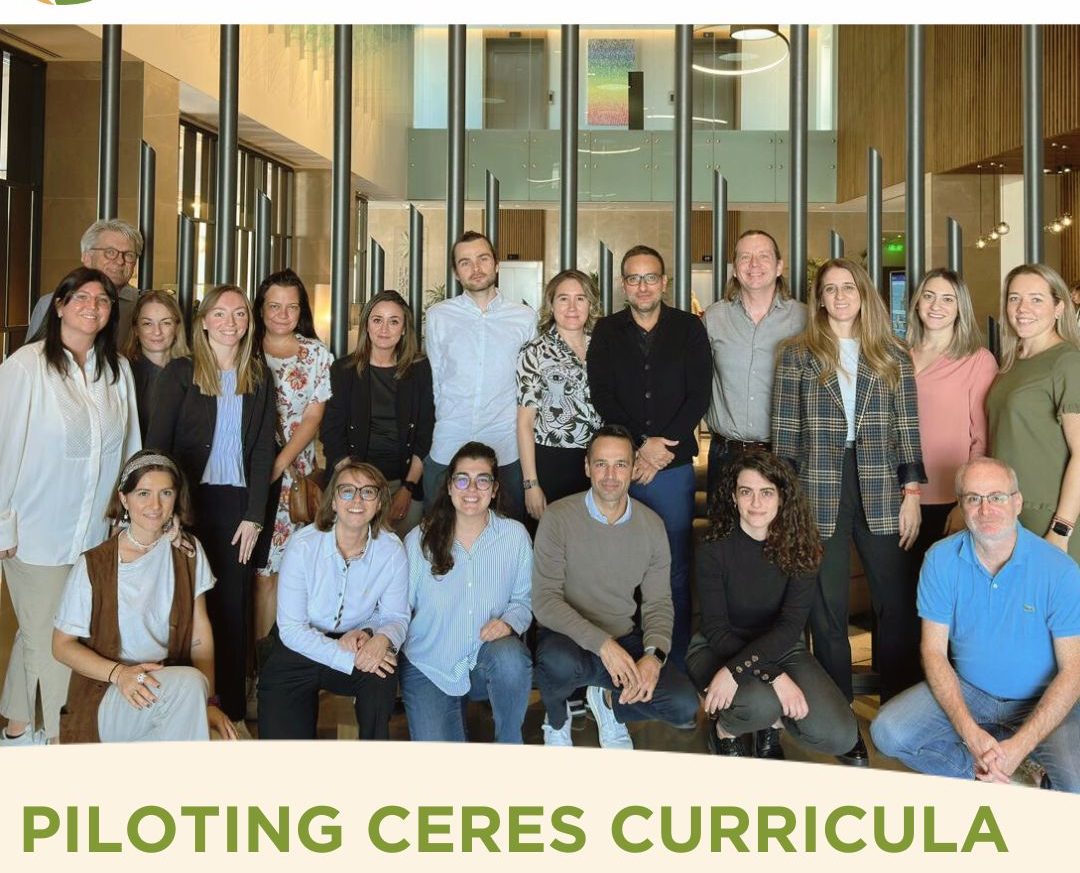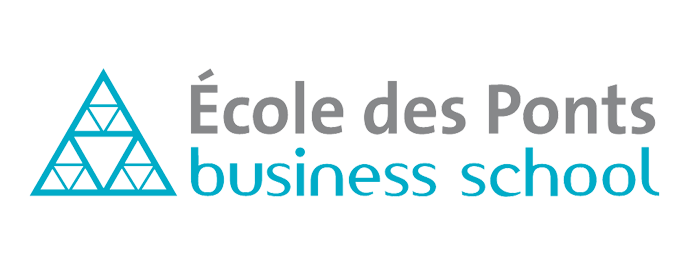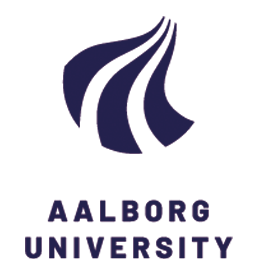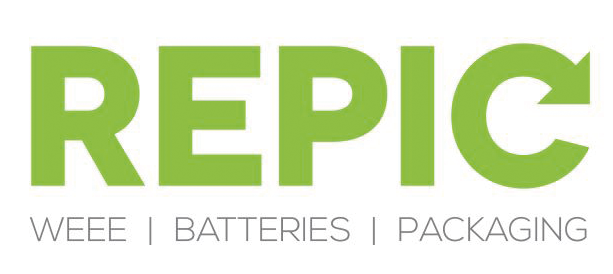CERES project advances in Larnaca: contributing to the future of Circular Economy education
28 Ottobre 2024
Last week, CERES project partners convened in Larnaca, Cyprus, for a pivotal meeting focused on evaluating progress, refining strategies, and piloting the CERES Curricula. This gathering marked a significant step in the project’s mission to bridge the gap between education on the circular economy and labor market needs by offering innovative training curricula tailored to equip learners with the skills required for a more sustainable and resource-efficient future.
As global economies shift toward circular models, the demand for professionals with specialized knowledge in sustainability and resource management continues to grow. However, educational programs often struggle to keep pace with evolving industry requirements. The CERES project was developed precisely to address this challenge, ensuring that training programs are informed by both academic research and real-world labor market needs. The meeting in Larnaca provided an essential platform for project partners to exchange insights, share progress, and refine the strategies necessary to bring these curricula to life.
A Curriculum designed for impact
The CERES curricula distinguish themselves through a multifaceted and forward-thinking approach. Unlike conventional training materials, which may focus solely on theoretical knowledge, CERES integrates extensive literature review with deep market research, ensuring that its learning modules are both academically robust and practically relevant. The goal is to provide learners with the technical expertise, problem-solving skills, and industry awareness needed to contribute meaningfully to the transition toward a circular economy.
At the heart of the curriculum development process is a commitment to innovation and adaptability. By analyzing the latest trends in sustainability policies, corporate responsibility, and green entrepreneurship, the CERES team ensures that its training modules remain dynamic and aligned with emerging workforce demands. This adaptability is crucial in an economic landscape where the skills required today may evolve significantly in the coming years.
From research to action: piloting the CERES curricula
A key outcome of the Larnaca meeting was the launch of pilot initiatives to test and refine the curricula before their broader implementation. These pilots are essential for assessing the effectiveness of the learning materials, gathering feedback from both educators and learners, and making necessary adjustments to enhance their clarity, engagement, and applicability.
Partners also discussed strategies to integrate CERES training into existing educational frameworks, ensuring that universities, vocational institutions, and industry training centers can adopt the curricula seamlessly. By engaging directly with educators and professionals in the field, CERES is creating a collaborative model of curriculum development that reflects the real-world needs of those who will ultimately benefit from the training.
Aligning education with labor market needs
A significant foundation for the development of the CERES curricula has been the Report on Circular Economy Market Labor Educational Needs, published by CERES partners. This comprehensive study analyzes the current gaps in sustainability education, identifies key competencies required by employers, and provides a roadmap for aligning training programs with industry expectations.
The findings of the report underscore the importance of a practical, skills-based approach to circular economy education. While theoretical knowledge remains crucial, employers increasingly seek professionals who can apply sustainability principles in business operations, product design, and policy implementation. By addressing these priorities, CERES aims to not only enhance education but also support the broader economic transition toward circularity.
Looking ahead: strengthening the impact of CERES
As the project progresses, efforts remain focused on enhancing accessibility and engagement. The next steps involve scaling up pilot programs, integrating feedback into curriculum revisions, and collaborating with educational institutions, policymakers, and industry stakeholders to ensure widespread adoption.
The discussions in Larnaca reinforced the project’s overarching vision: to create a future-proofed educational model that prepares learners for meaningful careers in the circular economy. By continuously refining its approach and incorporating insights from both academia and industry, CERES is setting a benchmark for how education can drive sustainable development.
With these milestones achieved and exciting developments on the horizon, CERES continues to be a catalyst for change—bridging knowledge gaps, equipping the workforce with essential skills, and fostering a shared commitment to a more sustainable world.










